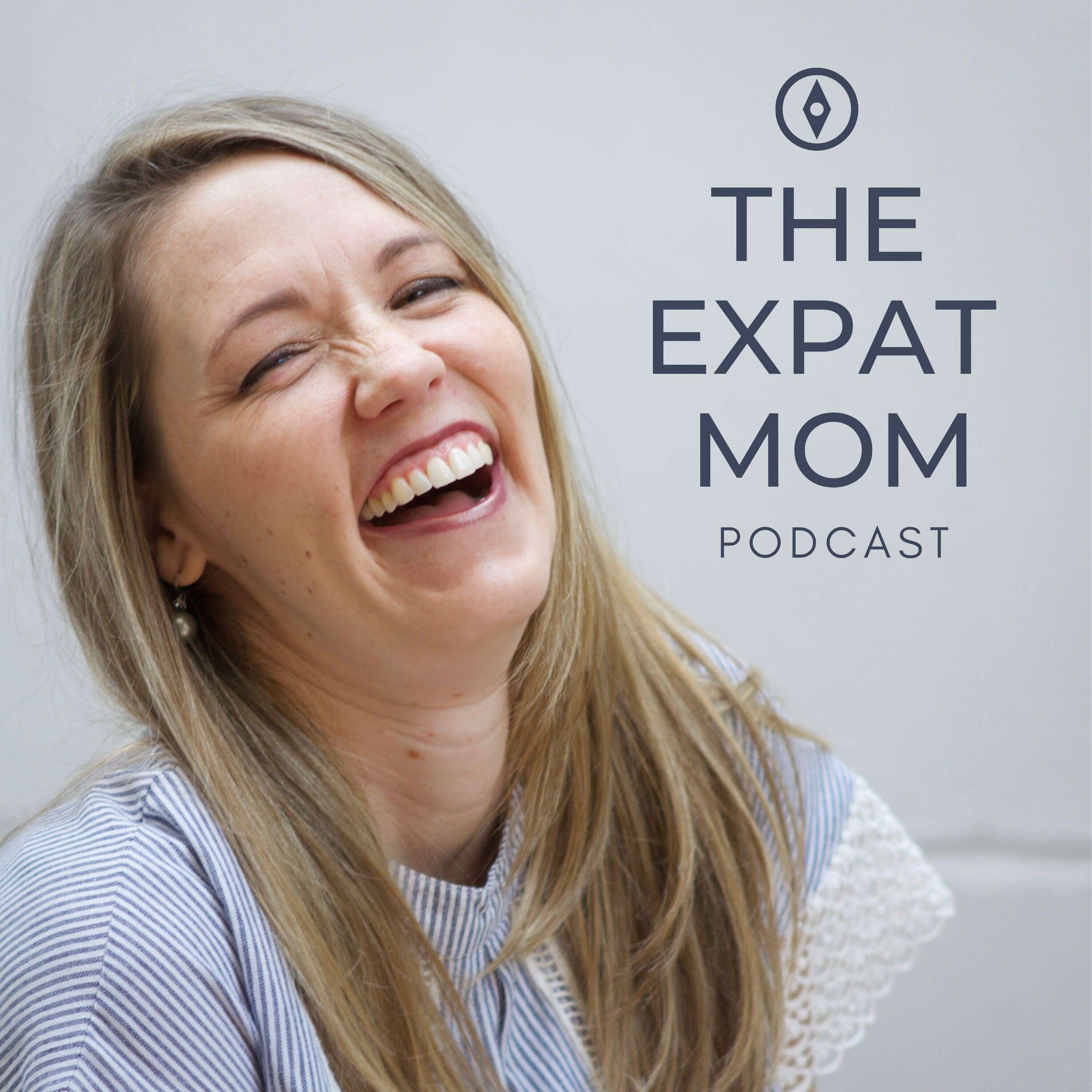How to Regulate Emotion Post-COVID
Today, my podcast guest, Kailyn Fullerton, who is an teacher, a bonus-mother, an EdD candidate in social and emotional learning, and an expat, shares her insights on the emotional shift many have experienced post-COVID, and shares some practical strategies about how we can learn to regulate emotions better for ourselves and our kids. <br/><br/>For some, the COVID-19 pandemic was a chance to slow down a little and catch up on life and connections. For others COVID-19 was an incredibly stressful time of uncertainty, overwhelm homeschooling children, having to be present with stressful relationships, and worrying about work, the economy, and our health, and the world. <br/><br/>COVID-19 certainly isn't "over" but many of the adjustments we made seem to be back to more similar COVID-19 patterns. However, many feel like their ability to deal with the same stressors we had before the pandemic are less robust. After months of being at home, social anxiety is higher. We've also lost the ability to regulate emotions in challenging situations. This is especially true for children who weren't learning through interacting with classmates frequently. Teachers are seeing kids who aren't able to regulate emotions in the classroom. <br/><br/>Coaching with Kailyn<br/>https://upstream-collaborative.org/ <br/><br/>Resources: <br/>-Nonviolent communication needs list: https://www.cnvc.org/training/resource/needs-inventory<br/><br/>-RAIN of Self-Compassion guided meditation: https://www.tarabrach.com/meditation-the-rain-of-self-compassion/<br/><br/>Free Coaching Session with Jennie Linton<br/>This is a great chance to consult about what a debrief might look like for your family or your child. <br/>Schedule<br/><br/>One-Minute Wisdom<br/>Each week I carefully craft a short perspective shift or tool that you can read in about a minute or two. You can sign up here.<br/><br/>Follow me on Instagram or find more free resources on my website<br/><br/>Please leave a review on your favorite podcast app. It helps other people find it!

